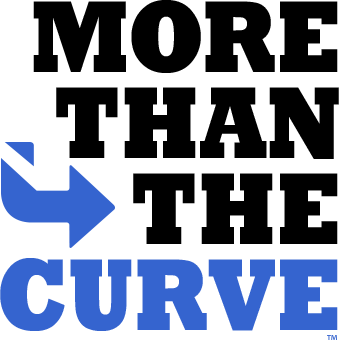Sales isn’t like most other career paths.
While you might go into teaching or medicine because you’ve had a lifelong passion for learning or science, you don’t go into sales to find deeper meaning.
You go into sales to make money.
That’s a generalization, but mostly true. While all careers are about making money to some extent, many folks who go into sales are focused on the dollar signs.
Don’t get me wrong, sales attracts talented and motivated individuals. And it’s no secret that the draw for many careers, including “meaningful” ones, is salary. But because sales careers tend to attract profit-driven people disproportionately, I’ve observed a problem that’s fairly widespread.
Many salespeople focus on profits to the neglect of relationships.
And relationships may be the truer measure of success. I’ve written before about how your network—personal and professional—is your foundation for a successful career in sales. That web of colleagues and neighbors and community groups is where you’re going to get the bulk of your referrals.
When you nurture your network, you’re nurturing leads for down the road.
Unfortunately, many brokerages aren’t measuring success by how well their agents are growing their networks. Instead, most are posting the board leaders for profitability and incentivizing profitability in other ways.
But measuring success by profitability might just be hurting profitability.
When you focus on profitability, you’re not measuring what matters. If a successful career depends on your ability to build relationships, then the measure of success shouldn’t be how much money you make on each relationship.
It should be how many relationships you create.
Instead of focusing on profitability, we should be focusing on units.
When you’re going by units, you’re getting a much better read on your long-term success. That’s because units measure how many new relationships you’ve formed, how many people you’ve met and connected with.
Not only that, the ability to build relationships is fundamental to making the sale in the first place. No one likes being squeezed for profit, and most people can tell when you’re doing it. Instead, sales happen when you build trust and offer real value.
Relationships make sales, not a drive to make a profit.
Imagine there are two agents. Last year, one of them sold just ten units but was very profitable. The other sold twenty units but was less profitable.
By our count, the second agent was the more successful, even though he didn’t make as much money per sale. That’s because five years down the road, he’s going to have twice as many connections as the first agent, who may have hurt his relationships to yield his greater profit. (This isn’t always the case, but it can be.)
Try setting a goal to grow your units by 10% each year, not your profitability.
I think you’ll find that down the road, you’re doing less work for each sale, because your referrals are flowing from your network.
You’ll find you’re squeezing each relationship less, because you have an abundance of relationships that you’re continuing to expand.
That’s because when you focus on units, not profits, you’re accessing the true economic engine of sales.
—
NEVER MISS AN UPDATE! Join our mailing list to receive these articles directly in your inbox.
Matt Mittman and Eric Rehling are the owners of RE/MAX Ready in Conshohocken, PA. See articles from them about routines, taking the right kinds of risks, real experience of being a real estate agent, communication styles, building an audience, and more.

